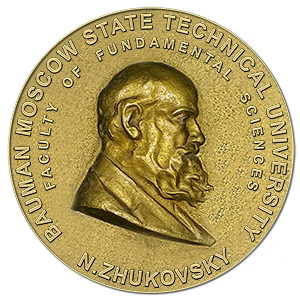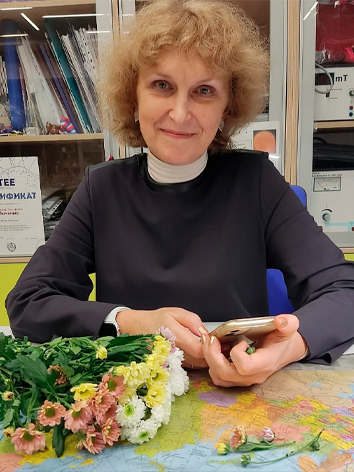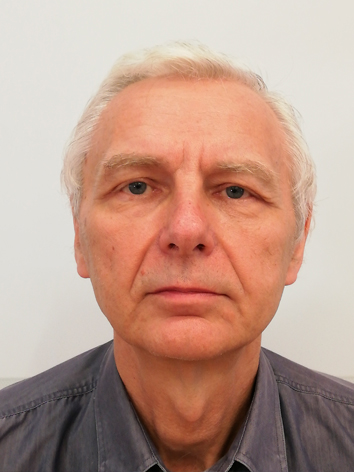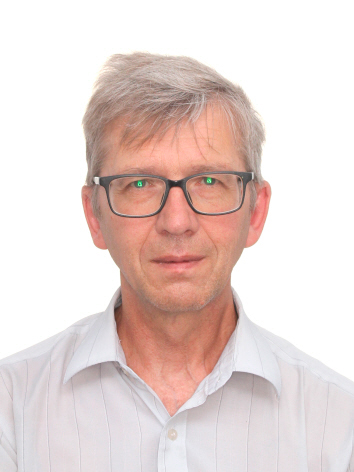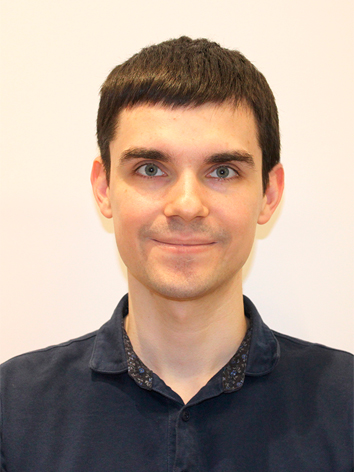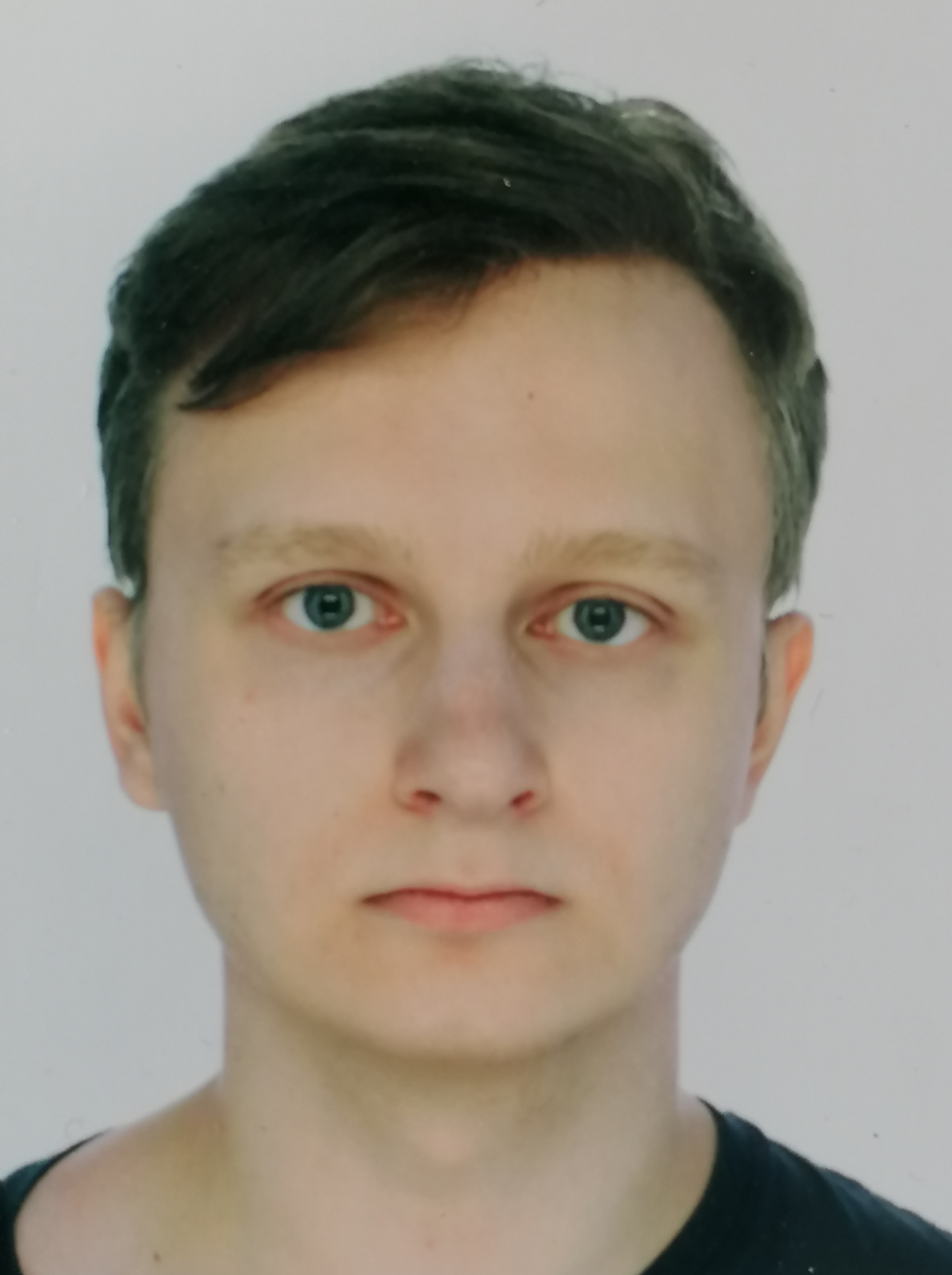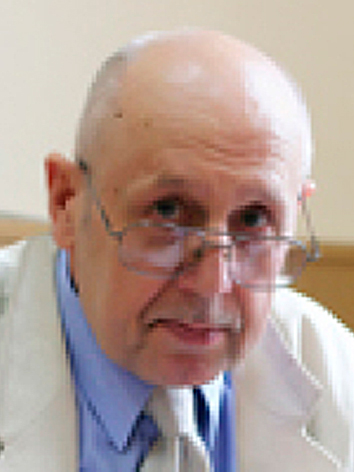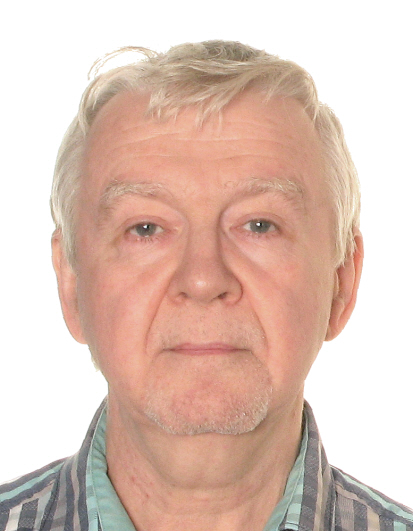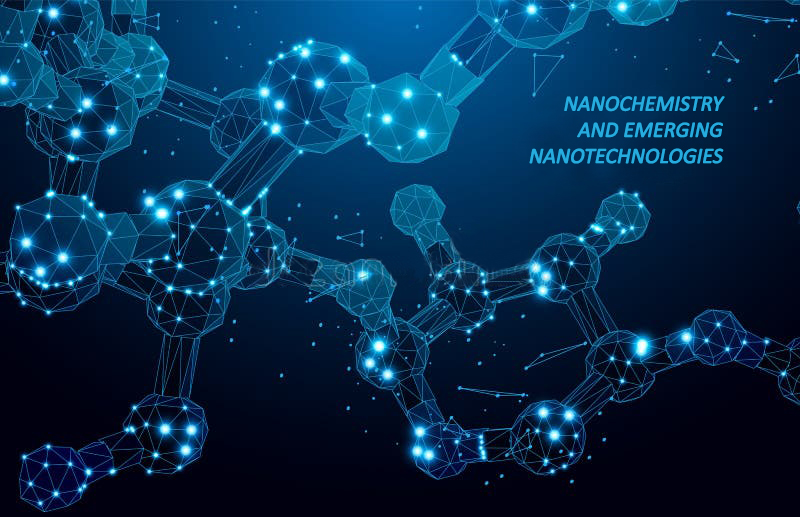-
Summary of the PIRT-2025 conference
Friday, 18 July 2025 14:05
July 7th to 10th, 2025, Bauman Moscow State Technical University held the 24th International Scientific Conference on Modern Problems of the Relativity Theory, Cosmology and Astrophysics, known as "Physical Interpretations of the Relativity Theory: PIRT-2025".
The conference program focused on the latest achievements in the theory of gravity, cosmology and astrophysics. The main purpose of the conference is to train a new generation of young researchers and engineers specialising in near-Earth and deep space exploration, relying on the latest investigations of the structure and evolution of the Universe.
-
Winners of the 2024 competition for the best scientific publication in physics
Wednesday, 09 July 2025 17:16
In order to encourage research work in physics, Bauman Moscow State Technical University held its annual competition for the best papers in physics among those published in 2024 by the BMSTU staff.
After much deliberation, the winners and top rankings for the papers in physics were determined as follows:
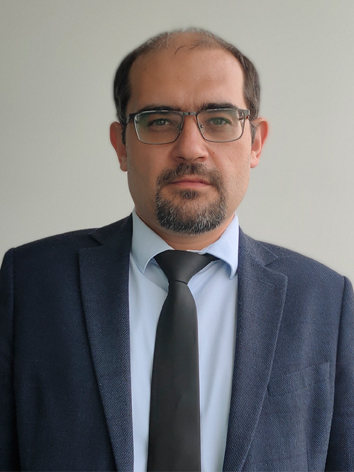 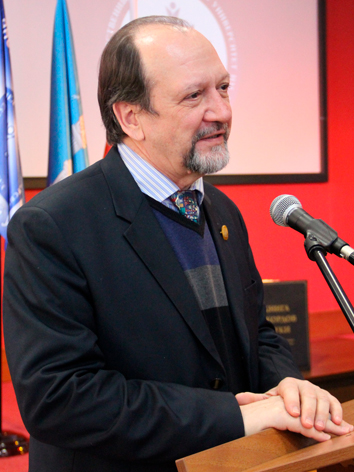 |
The 1st place for the best scientific publication in physics in 2024 is awarded to
Fomin Igor Vladimirovich, Professor, FN-4 Department
Chervon Sergey Viktorovich, Professor, FN-4 Department for the paper "Dynamical system analysis in modified Galileon cosmology", published in "Classical and Quantum Gravity" (Q1, Scopus). |
The remaining top rankings in the 2024 competition for the best scientific publication in physics include:
|
2nd place
Timchenko Svetlana Leonidovna, Professor, FN-4 Department
Zadorozhny Nikolay Antonovich, Associate Professor, FN-4 Department
Sharandin Evgeniy Anatolyevich, Associate Professor, FN-4 Department
Skrabatun Alexandr Vladimirovich, Associate Professor, FN-4 Department
for the paper "Optical Characteristics of a New Molecular Complex: "Nafion-Colloidal CdSe/CdS/ZnS Nanocrystals"" in "Polymers" (Q1, Scopus). |
|
|
3rd place
Kuimov Evgeniy Vladimirovich, Assistant Lecturer, RL-6 Department
Vetrova Natalia Alekseevna, Associate Professor, RL-6 Department
Sinyakin Vladimir Yurievich, Head of Sector, RL-6 Department
Meshkov Sergey Anatolievich, Professor, RL-6 Department
Shashurin Vasiliy Dmitrievich, Head of the RL-6 Department for the paper "Resonant Tunneling Nanostructures: Eliminating Current Saturation on Negative Differential Conductivity Region in Compact Dissipative Simulations" in "Nanomaterials" (Q1, Scopus). |
Congratulations to the winners!
-
Winners of the 2024 competition for the best scientific publication in mathematics
Wednesday, 09 July 2025 17:02
In order to encourage research work in mathematics, Bauman Moscow State Technical University held its annual competition for the best papers in mathematics among those published in 2024 by the BMSTU staff.
After much deliberation, the winners and top rankings for the papers in mathematics were determined as follows:
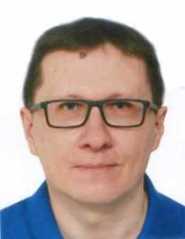 |
The 1st place for the best scientific publication in mathematics in 2024 is awarded to Fetisov Dmitriy Anatolyevich, Professor, FN-12 Department for the paper "On feedback linearization of multi-input nonlinear control systems via time scaling and prolongation", published in "European Journal of Control" (Q1, Scopus). |
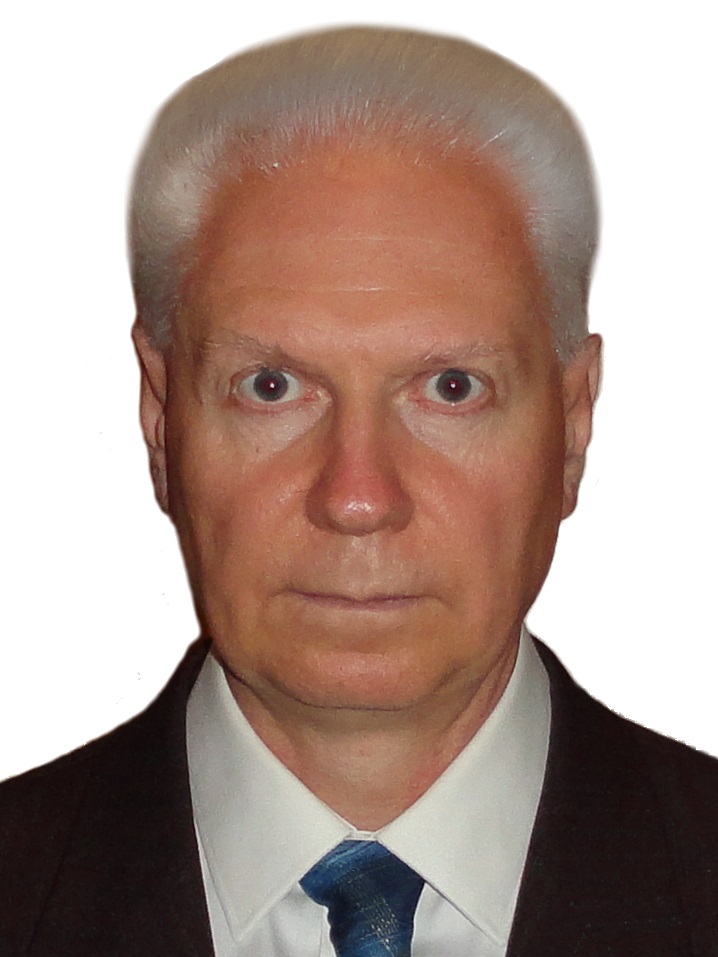 |
2nd place Savin Alexandr Sergeevich, Professor, FN-1 Department for the paper "Motion of liquid particles in the field of 1:1 resonance nonlinear wave", published in "International Journal of Non–Linear Mechanics" (Q1, Scopus). |
|
|
3rd place Chetverikov Vladimir Nikolaevich, Professor, FN-12 Department Pirogova Arina Dmitrievna, postgraduate student, FN-12 Department for the paper "Quantitative indicators of controllability of nonlinear systems" in "Differential Equations" (Q2, Scopus). |
|
Deparment |
Field of study (group of research specializations) |
Specialization |
Specifications |
|
FN-1 "Higher Mathematics" |
2.3 Information technology and telecommunications |
2.3.1 Systems analysis, data management and processing, statistics |
Formalization and formulation of problems involving systems analysis, optimization, management, decision-making, data processing and artificial intelligence |
|
1.2 Computer science and information science |
1.2.2 Mathematical modeling, numerical methods and software packages |
Development of novel mathematical methods and algorithms for validating mathematical models of objects based on either empirical data or analysis of mathematical models |
|
|
FN-2 "Applied Mathematics" |
1.2 Computer science and information science |
1.2.2 Mathematical modeling, numerical methods and software packages |
Development of novel mathematical methods for simulating objects and phenomena (in physical and mathematical sciences) |
|
FN-3 "Theoretical Mechanics" |
1.1. Mathematics and Mechanics |
1.1.7 Theoretical Mechanics, Dynamics of Machines |
Theory of oscillations of mechanical systems |
|
1.1. Mathematics and Mechanics |
1.1.9 Fluid, Gas and Plasma Mechanics |
Hydrostatics (fluids and gases at rest in equilibrium) |
|
|
FN-4 "Physics" |
1.1. Mathematics and Mechanics |
1.1.9 Fluid, Gas and Plasma Mechanics |
Laws of rheological behavior for homogeneous and multiphase fluid media subjected to mechanical loads and other effects |
|
1.3. Physical Science |
1.3.2. Instrumentation and methods of experimental physics |
Investigating physical phenomena and processes that may be used to develop innovative instrumentation and methods for experimental physics |
|
|
1.3.3. Theoretical Physics |
Classical and quantum field theory. Theory of fundamental interactions. The study of small-scale high-energy phenomena. Unified models of fundamental interactions. Development of mathematical methods for field theory. Supergravity and superstring theory, models with extra dimensions, AdS/CFT correspondence, holographic models |
||
|
1.3.6. Optics |
Further investigation of the physical foundations of wave optics, including the physics underlying such phenomena as interference, diffraction, polarization and light coherence |
||
|
1.3.8. Condensed Matter Physics |
Analytical and experimental investigation of the physical nature and properties of inorganic and organic compounds in both crystalline (mono- and polycrystalline) and amorphous states, including composites and heterostructures, as determined by their chemical and isotopic composition, temperature and pressure |
||
|
FN-5 "Chemistry" |
1.4. Chemical science |
1.4.4. Physical chemistry |
Combining experimental and analytical approaches to determining the parameters describing the energy and structural dynamics underlying the structure of molecules and molecular compounds, as well as the spectral characteristics of said molecules and compounds |
|
FN-11 "Computational Mathematics and Mathematical Physics" |
1.2 Computer science and information science |
1.2.2 Mathematical modeling, numerical methods and software packages |
Development of numerical modeling and simulation systems, algorithms and methods of simulation modeling based on the analysis of mathematical models (for engineering sciences) |
|
1.1. Mathematics and Mechanics |
1.1.8. Mechanics of deformable solids |
Laws of deformation, fault and failure evolution for materials, including natural, artificial and emergent ones |
|
|
FN-12 "Mathematical Modeling" |
1.2 Computer science and information science |
1.2.2 Mathematical modeling, numerical methods and software packages |
Development, validation and testing of efficient computational methods using modern computer technology |
|
Deparment |
Field of study |
Specialization |
Specifications |
Number of state-funded places/number of fee-paying places in 2024 |
|
FN-1 "Higher Mathematics" |
01.00.00 Mathematics and Mechanics |
01.04.04 Applied Mathematics |
Mathematical modeling of systems and processes |
8/5 |
|
FN-2 "Applied Mathematics" |
01.00.00 Mathematics and Mechanics |
01.04.04 Applied Mathematics |
|
8/5 |
|
FN-3 "Theoretical Mechanics" |
01.00.00 Mathematics and Mechanics |
01.04.03 Mechanics and Mathematical Modeling |
Applied celestial mechanics; Simulation of mechanical and hydromechanical systems |
Graduate program to appear in 2025 |
|
FN-4 "Physics" |
16.00.00 Physical and engineering science and technology
|
16.04.01 Technical Physics |
Physics of nanomaterials; Spectral methods for data processing; Physical thermodynamics and gas dynamics |
15/7 |
|
FN-5 "Chemistry" |
18.00.00 Chemical Engineering |
18.04.01 Chemical technology |
Nanochemistry and chemical technology of nanomaterials |
5/5 |
|
FN-11 "Computational Mathematics and Mathematical Physics" |
02.00.00 Computer and Information Science |
02.04.01 Mathematics and Computer Science |
|
15/7 |
|
FN-12 "Mathematical Modeling" |
01.00.00 Mathematics and Mechanics |
01.04.04 Applied Mathematics |
Information technology and artificial intelligence |
10/5 |
4th Annual International Scientific and Practical Conference
“NANOCHEMISTRY AND EMERGING NANOTECHNOLOGIES”
NanoChemTech-2025
Bauman Moscow State Technical University, Moscow, Russia
June, 25-27, 2025
We are pleased to invite you to 4th Annual International Scientific and Practical Conference “Nanochemistry and Emerging Nanotechnologies” (NanoChemTech-2025) to be held at Bauman Moscow State Technical University, Faculty of Fundamental Sciences from June 25 till 27, 2025 with both in-person and online attendance options.
NanoChemTech-2025 is one of the important annual events aimed at the discussion of the fundamental problems of modern Nanochemistry and creation of the emerging Nanotechnologies for developing of smart functional nanomaterials with new potential applications in microelectronics, photonics, catalysis, including artificial metamaterials with unique optical and magnetic properties. The Conference topics include also the questions of promotion of the ecologically friendly (green nanotechnologies) and the development of the innovation and digital technologies of the tuition of chemistry and nanochemistry at the Universities. The special conference seсtion will be devoted to the problems of energy saving and resource efficient engineering in low-tonnage chemical production, discussing the questions of conversion from the laboratory level to the low-tonnage chemical production of nanotechnological products. Researchers from across the globe will have the opportunity to share their latest findings, exchange ideas and contribute to discussions shaping the future and challenges of the field. The accepted conference papers will be published in Scopus-indexed proceedings ensuring broad visibility and impact.
|
Deparment |
Field of study |
Specialization |
Specifications |
Number of state-funded places/number of fee-paying places in 2024 |
|
FN-1 "Higher Mathematics" |
01.00.00 Mathematics and Mechanics |
01.03.04 Applied Mathematics |
Mathematical modeling of systems and processes |
20/8 |
|
FN-2 "Applied Mathematics" |
01.00.00 Mathematics and Mechanics |
01.03.04 Applied Mathematics |
Mathematical modeling, counting methods and software packages
|
40/16 |
|
FN-3 "Theoretical Mechanics" |
01.00.00 Mathematics and Mechanics |
01.03.03 Mechanics and Mathematical Modeling |
Mathematical and numerical modeling of dynamic systems and processes; Mathematical and numerical modeling of mechanical systems and dynamic processes
|
20/35 |
|
FN-4 "Physics" |
16.00.00 Physical and engineering science and technology
|
16.03.01 Technical Physics |
Physics |
43/12 |
|
FN-7 "Electrical Engineering and Power Electronics" |
13.00.00 Power engineering and thermal engineering |
13.03.02 Power engineering and electrical engineering |
Electrical engineering |
19/10 |
|
FN-11 "Computational Mathematics and Mathematical Physics" |
02.00.00 Computer and Information Science |
02.03.01 Mathematics and Computer Science |
Supercomputer modeling and artificial intelligence in engineering problems Mathematical and computer modeling in economics
|
57 / 50 |
|
01.00.00 Mathematics and Mechanics |
01.03.03 Mechanics and Mathematical Modeling |
Mathematical and computer modeling in mechanics |
- |
|
|
FN-12 "Mathematical Modeling" |
01.00.00 Mathematics and Mechanics |
01.03.04 Applied Mathematics |
Mathematical methods in artificial intelligence |
20/8 |
-
XXIV International Conference Physical Interpretations of Relativity Theory PIRT – 2025
Monday, 17 February 2025 13:50
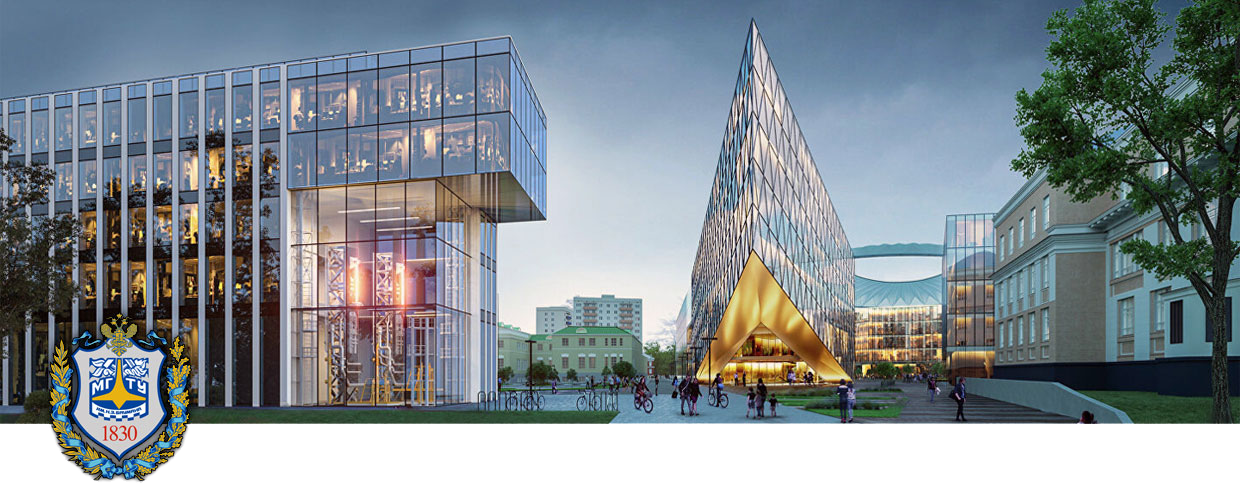
XXIV International Conference Physical Interpretations of Relativity Theory PIRT – 2025
From July 7th to 10th, 2025 Bauman Moscow State Technical University will held the XXIV International Scientific Conference “Physical Interpretations of Relativity Theory” (PIRT-2025).
The PIRT conference is an international scientific event that was organized by the Faculty of Physics of the University of Liverpool and the University of Sunderland in 1988 and was first held at Imperial College London every two years, and since 2003 it has been held at Bauman University in Moscow. The main objectives of the conference are to discuss the physical, geometric, and mathematical interpretation of the theory of relativity, its experimental verification and discussion of alternative theories of gravity, optical methods for detecting gravitational waves, new effects of moving-media optics and relativistic electrodynamics, as well as astrophysical observations and space experiments.
-
Выпускнику
Monday, 27 January 2025 18:37
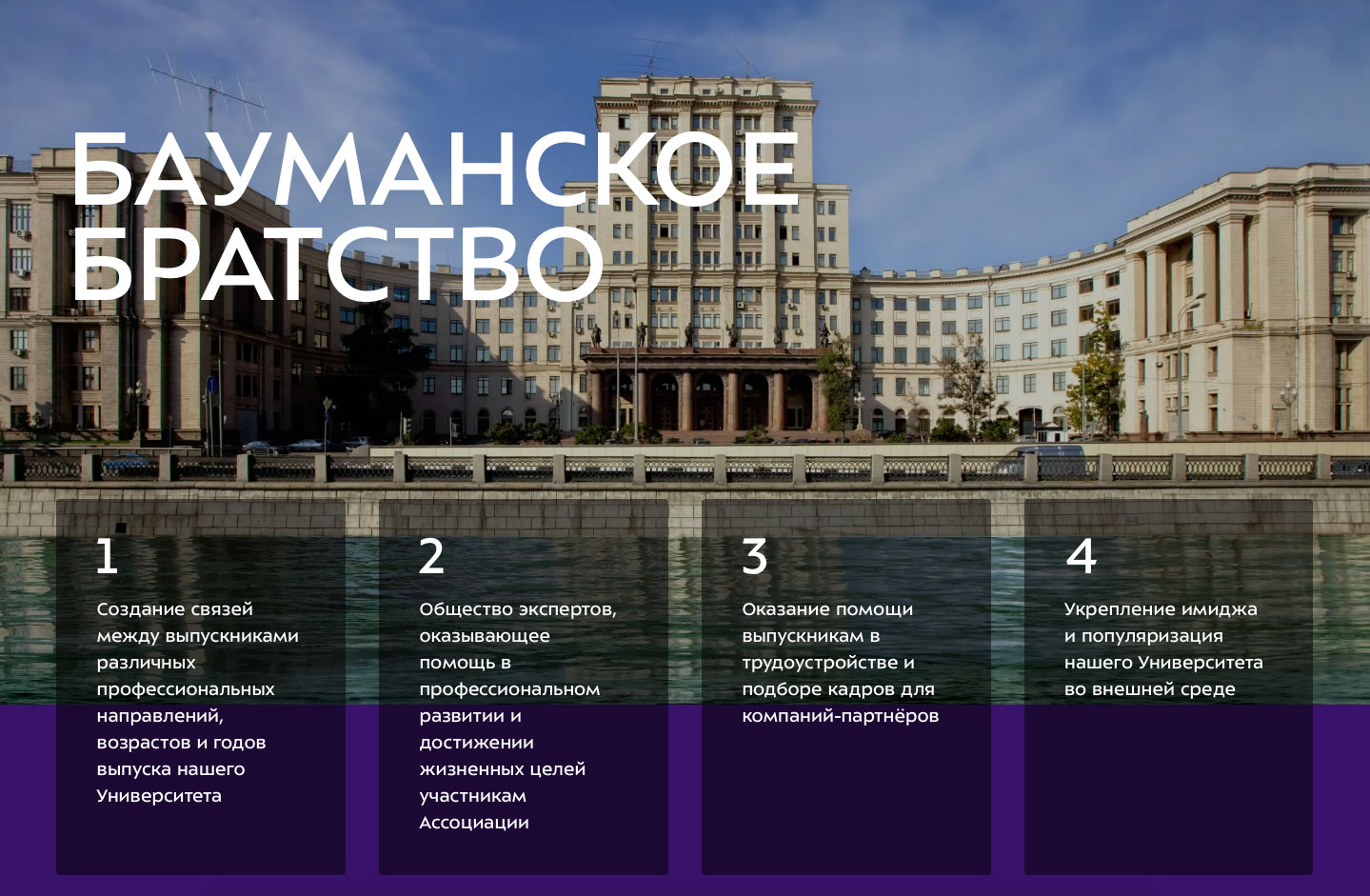
Официальный канал Центра Выпускников МГТУ им. Н.Э. Баумана
Помогаем бауманцам общаться и развиваться
Присоединяйтесь!

-
The 60th Anniversary of the 'Fundamental Sciences' Scientific and Educational Complex
Thursday, 05 December 2024 13:13
On December 2nd, the Academic Council of the Fundamental Sciences Scientific and Educational Complex held a ceremonial assembly to mark the 60th Anniversary of the Complex, which is the largest subdivision of the Bauman Moscow State Technical University
